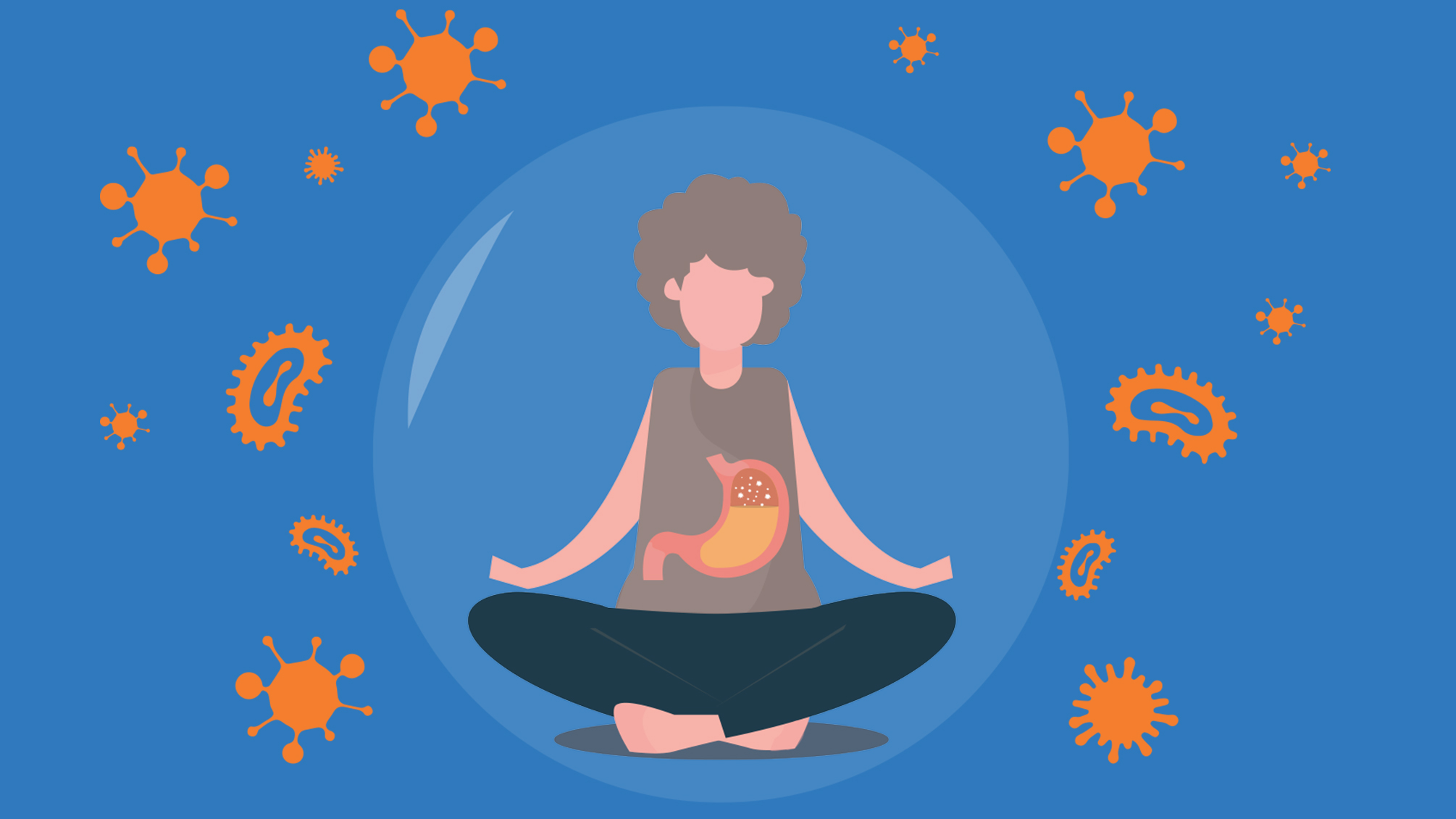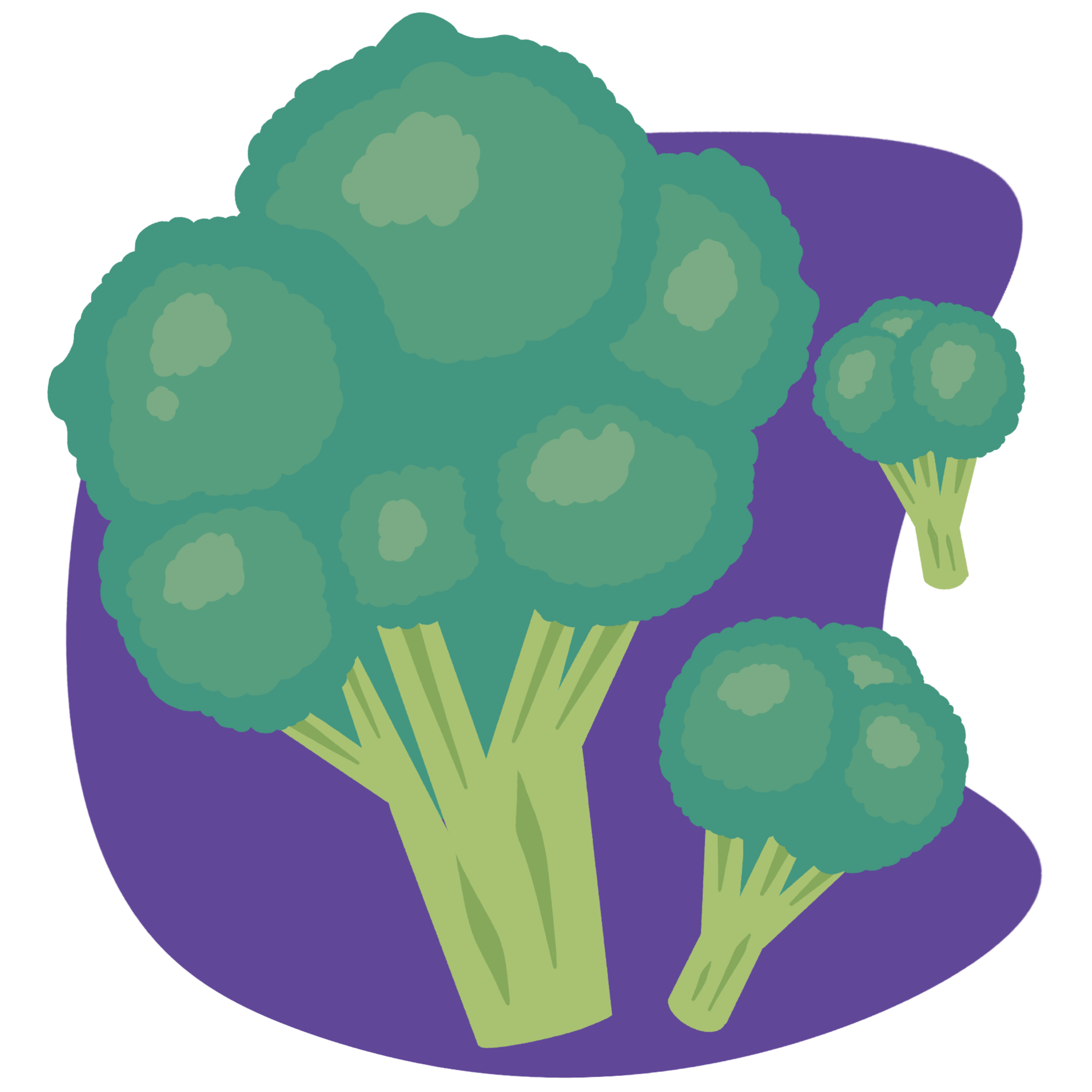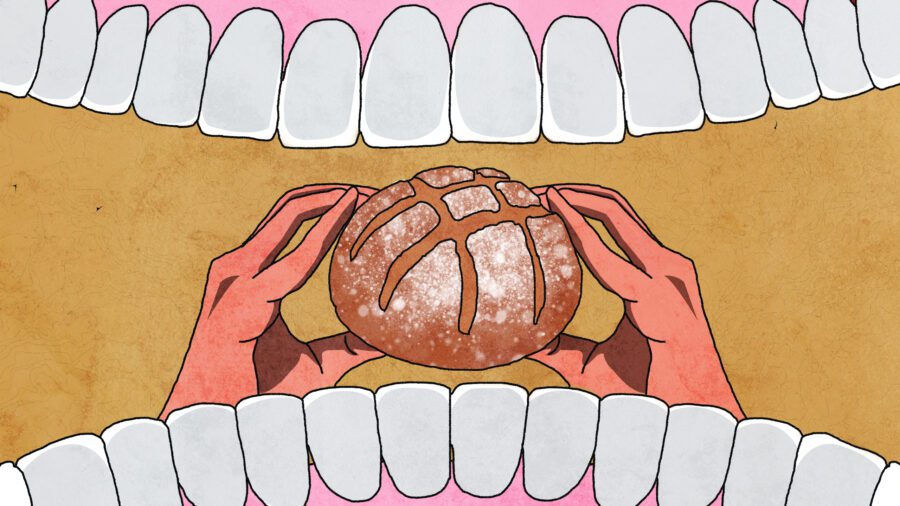
6 Science-Backed Methods to Naturally Boosting Your Immune System
Do you want to be the healthiest version of yourself that you can be?
There has never been a better time to take action on strengthening your immune system. Life has changed in the wake of the pandemic and maintaining a strong immune system has become increasingly important to remain safe and healthy. That being said, it’s vital to take note that only social distancing and proper hygiene can protect you from COVID-19, even though a strong immune system is essential to your health in many other ways. So, it’s important — but what exactly does your immune system do?
The organs in your body all work together to keep you alive and healthy, but the immune system isn’t always perfect. From time to time, the immune system fails — sometimes a germ manages to slip through the body’s defenses and make you sick. This begs the question: Are there ways to naturally improve the immune system? Can you help out your body’s defenses by maintaining a healthy lifestyle and diet?
The answer is obvious — yes! This article will guide you through the best natural ways to keep your immune system healthy, as well as some important things to avoid.
What Lifestyle Changes Can You Make to Boost Your Immune System?
No matter how strict you are about maintaining a healthy lifestyle, there’s always room to improve. Strengthening your immune system isn’t done solely by changing your diet, you need to change your lifestyle too!
Get More Sleep
Did you know that sleep and immune health are closely related to one another? In fact, in a study of 164 healthy adults, research found those who slept less than 6 hours per night were more likely to catch a cold than those who slept for 6 hours or more. Adults should try to get at least 7 hours of sleep each night, while teenagers should get 8 to 10. Research also shows that a stronger immune system can make it easier for you to fall and stay asleep.
If you struggle with falling asleep at a decent time, try staying off of your phone and avoid screens for an hour before going to bed. Blue light has been shown to disrupt your body’s circadian rhythm and make it harder for you to go to sleep. Many phones now offer a setting available to turn on that automatically changes your phone’s light from blue to orange once the sun goes down to minimize this effect. Exercise is also known to aid in the body’s ability to fall asleep.
Get Regular Exercise
Intense exercise can suppress your immune system, but a moderate amount of regular exercise is a fantastic way to give it a boost. Examples of moderate exercises include jogging, light bicycling, swimming, and brisk walking. Adults should try to achieve at least 150 minutes of exercise each week to boost their immune system — only about 20 minutes of exercise per day!
Studies have found that exercise can actually increase the effectiveness of vaccines in people with compromised immune systems. Furthermore, research has shown that regular, moderate exercise can reduce inflammation and promote healthy cell regeneration.
It’s amazing what the human body can do when you give it what it needs!
Drink More Water
It’s no secret that staying hydrated is essential to remaining healthy — not to mention staying alive!
Drinking water won’t prevent you from catching a cold, but it helps you avoid dehydration. If you ignore your need for water, dehydration can lead to many problems in the body that aren’t isolated to the immune system.
It’s recommended that you drink enough water to achieve a pale-yellow color in your urine. A general rule of thumb is to trust your body’s signals, drink water when you feel thirsty, and stop when you are no longer thirsty. Keep in mind older adults often lose the ability to signal thirst properly, so they should still drink water regularly even if they do not feel thirsty.
Manage Your Stress
Boosting your immune system is one more great reason to take care of your mental health! Science shows us that long-term stress promotes inflammation as well as imbalances in immune cell function. It has also been proven that prolonged psychological stress can suppress the immune response in children.
Relieving stress may look different for everyone, but it’s vital that you find a method that works for you to keep your immune system strong and healthy.
Headspace is a subscription-based app that guides you through calming and straightforward meditations and offers tons of resources to help you reduce your stress level. They offer tools that help you get a good night’s rest and practice mindfulness and feel more content in your day-to-day life.
It’s inevitable that life is going to be stressful, and sometimes you may need more than meditation to keep you calm. If you’re feeling overwhelmed or burnt out, consider seeing a counselor or therapist you can speak with about your stress levels. Betterhelp is a great website that offers totally private counseling services for issues ranging from grief to eating disorders.
Join In 200 Million+ On The Journey to Greatness
What Foods Should You Eat to Strengthen Your Immune System?
Outside of leading a healthy lifestyle, eating the right foods is an important way to take care of your body. Luckily, the foods you need to strengthen your immune system are cheap and widely available!
Fruit
You’ve probably heard that vitamin C will help you to feel better if you catch a cold. This is because vitamin C aids in white blood cell production, which is essential for maintaining a healthy immune system. Our bodies don’t naturally produce vitamin C, so we need it daily to remain healthy. The recommended daily amount of vitamin C is 75mg for women and 90mg for men.
Most citrus fruits such as oranges, grapefruits, lemons, and limes contain high amounts of vitamin C and are popular choices to get your daily intake. Supplements may be taken instead if you prefer, but be mindful to take no more than 2,000mg per day.
Red Bell Peppers
Believe it or not, red bell peppers contain up to three times the amount of vitamin C than oranges do. They are also a rich source of beta-carotene, which your body converts to vitamin A. So, by incorporating more red bell peppers into your diet, not only are you boosting your immune system — you are improving the health of your eyes and skin as well!
Broccoli
Though often a target in pop culture as the least-favorable vegetable choice, broccoli is among the healthiest foods you can consume. Loaded with vitamins A, C, E, antioxidants, and fiber, broccoli is an important vegetable to include in your diet.

Keep in mind it is recommended that you cook broccoli as little as possible to keep all the nutrients intact in this superfood. If you must, steaming broccoli is the best way to cook it without losing too many nutrients.
Ginger
Like citrus fruits, ginger is another ingredient many people turn to when they catch a cold. This is because ginger can reduce inflammation and nausea — it may even lower cholesterol and contain chronic pain-relieving properties. Some ways to include ginger into your diet include putting it in teas, soups, and stir-fry dishes.
Spinach
As a relative of broccoli, spinach is packed with vitamin C and beta-carotene. It is thought to improve eye health, prevent cancer, and reduce blood pressure levels. Like its cruciferous relative, spinach retains most of its nutrients when uncooked or cooked lightly.
Though it is healthy, it’s best to consume spinach in moderation as it contains high amounts of calcium and oxalates, which are both known to cause kidney stones. Those who are especially at risk of developing kidney stones should limit their intake of spinach and other calcium-rich foods.
Yogurt
Yogurt is an excellent source of probiotics — also called active cultures or live cultures. These probiotics are just some of the trillions of good bacteria living in the gut. Active cultures can also stimulate your immune system and aid your body in defending against infections.
The best source of active cultures is yogurt, preferably one with a label that reads “contains live active cultures.” Look for brands that contain high amounts of vitamin D as well, as it is another great aid in boosting your immune system.
Chicken
Vitamin B-6 is important to your body’s nutrition as it helps the production of new red blood cells. Just three ounces of chicken or turkey meat contains almost one-third of the daily recommended amount for adults. Warm chicken broth or stock is also thought to reduce inflammation.
So that’s the reason you were told to drink chicken noodle soup when you were sick as a kid!
What Should You Avoid Eating to Strengthen Your Immune System?
Now you know what foods to look for when you’re at the grocery store, but knowing what not to eat is just as important as knowing what to eat. Here are a few foods you should avoid eating to keep your immune system as strong as possible.
Sugar
This will undoubtedly come as no surprise: sugar is not good for you. It can cause spikes in blood sugar that result in what we know as a “crash.” Foods like candy, sweet bread, and soda are all extremely high in sugar and harmful to your immune system.
Sugar also produces proteins that are harmful to your gut barrier and overall immune health. Diets high in sugar may even increase the likelihood of developing autoimmune diseases like rheumatoid arthritis. Limiting your sugar intake is not only vital for your immune health, it’s essential in maintaining a healthy gut balance as well.
Fried Foods
When sugars react with proteins or fats during high-temperature cooking such as frying, molecules called advanced glycation end-products (AGEs) are formed. These molecules promote inflammation, cellular dysfunction, and imbalanced gut bacteria — all of which are harmful to your body’s immune system. Researchers now believe that diets high in AGEs may also contribute to the development of certain cancers and heart disease.
Salty Foods
Like sugar, diets high in salt may increase the risk of developing an autoimmune disease. More than this, salty diets may even make the symptoms of those who already have autoimmune diseases worse. Limiting your intake of salty foods can be essential to achieving a strong immune system since so many things are impacted negatively by its presence. Opt for foods containing low amounts of sodium when you can to keep your body’s defense healthy.
Making These Changes Isn’t Easy, But the Results Are Worth It!
The bad news — changing your diet and lifestyle can be hard. Humans are creatures of habit, and we naturally want to feel comfortable. So it makes sense that we may continue to choose unhealthy foods or unhealthy habits even when we know we shouldn’t.
Now for the good news — you have everything you need to change that. By taking it one step at a time, you can strengthen your immune system and remain healthy. All you have to do is want to do it!
Cheers to your health, and cheers to greatness!
Greatness Authors
Greatness Authors is a collection of writers, thinkers, curiosity experts, and students of the world who are committed to bringing you the most up-to-date, impactful, and inspiring information surrounding Greatness topics.

Do You Have to Be a Morning Person to Be Successful? Here’s What Both Sides Have to Say

9 Reasons You’re Tired All the Time & How to 10x Your Energy

How to Have a Healthy Romantic Relationship Even if You Share Different Beliefs

The 7 Best Vitamins to Naturally Promote Better, Uninterrupted Sleep According to Shawn Stevenson

The Science of Forming Healthy Habits & Letting Go of Bad Ones, According to Author James Clear











